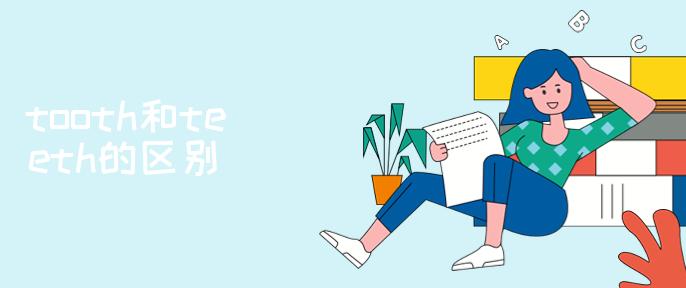 2024-10-29 15:09:01
2024-10-29 15:09:01
 次阅读
次阅读

"Tooth"和"Teeth"都是指牙齿,但用法不同。"Tooth"是单数形式,用于指单个牙齿;"Teeth"是复数形式,用于指多个牙齿。例如,"I have a toothache"(我牙疼)指的是单个牙齿的问题,而"My teeth are white"(我的牙齿很白)则是指整体牙齿的状态。
When it comes to the English language, the distinction between 'tooth' and 'teeth' is an important one to understand. These two words are related to the same concept but differ in number and usage. 'Tooth' is the singular form, while 'teeth' is the plural. This distinction affects not only the meaning but also the pronunciation of the words.
Number and Form: 'Tooth' refers to a single tooth, whereas 'teeth' indicates two or more. This singular-plural relationship is straightforward, with 'tooth' being the singular form and 'teeth' the plural.
Pronunciation: The pronunciation of 'tooth' is [tuːθ] in both British and American English, while 'teeth' is pronounced as [tiːθ] in both dialects. This subtle difference in pronunciation is key to using these words correctly in speech.
Usage in Compound Words: When 'tooth' is part of a compound word, the entire compound word takes the plural form when referring to more than one. For example, 'toothache' remains 'toothaches' when referring to multiple instances of tooth pain.
Examples:
Phrases and Idioms:
Word Definitions:
Teeth: The plural form of 'tooth', pronounced [tiːθ], referring to multiple teeth.
Tooth: The singular form, pronounced [tuːθ], referring to a single tooth or a tooth-like part.
Example Sentences:
©本文版权归作者所有,任何形式转载请联系我们:xiehuiyue@offercoming.com。